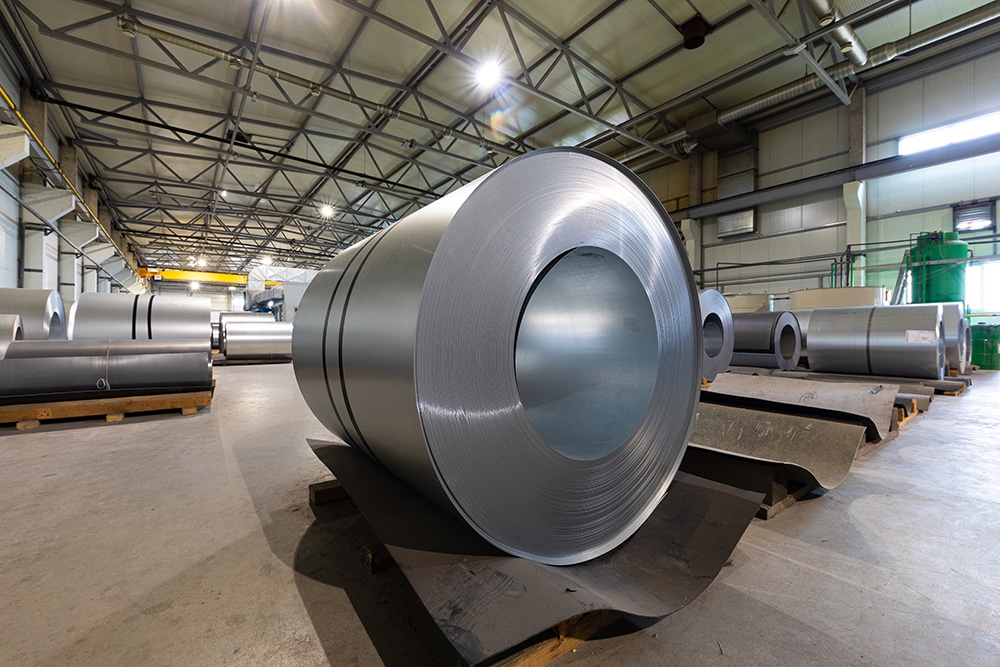Sign up for daily news updates from CleanTechnica on email. Or follow us on Google News!
There are approximately 1 million ebike companies out there now — or, at least, that’s how it feels. Whatever the number is, it can be hard to know how to choose quality ebikes at a good price and not end up buying a bike with inadequate quality or too high of a price. Well, as safety — and particularly the safety of batteries — has become a broader concern, one benefit of often-unfounded fears of battery fires has arisen: more and more ebikes are getting UL certified. In fact, New York City has led the charge (no pun initially intended) and now requires that all ebikes sold in its jurisdiction be UL certified, meeting the UL 2271 and UL 2849 standards. To illuminate this topic for us, I recently spoke to David Duecker, CEO of Denago eBikes, about UL certification for ebikes and some other safety matter. He also told me a bit about the interesting founding of Denago eBikes. Listen to the full podcast here:
I’ll also pick out a few highlights here for extra emphasis and easy reference.
“So, the first bucket is UL2271. That’s the one that focuses strictly and specifically on lithium-ion batteries that are used in light electric vehicles, or LEVs, and then everyone knows lithium-ion batteries are used because they have really high energy density and efficiency. So, the UL2271 covers safety testing, mechanical testing, electrical testing, and environmental testing of the battery.” This includes testing around issues such as “thermal runaway, short circuits, overcharging; mechanical testing on the battery pack is crush impact, puncture resistance; electric testing is on the capacity voltage cycle life; and then environmental testing is like what we were talking about before the podcast, some of the extreme weather, some of the extreme lows, extreme highs, the humidity. So that’s the battery.” In other words, you can be assured an ebike battery that has been UL certified can stand up to practically anything.
“So then the second part of this testing is called UL 2849. And that’s the one if you google*, that’s the one that you get a lot of hits on right now because people are trying to understand that. So that one’s designed specifically for the ebike, the complete system, not just the battery. It focuses on the safety and performance of the entire electrical and electronic components of a bike. So, like, the electronics and electrical components, it’s the battery, the charger, and any other components on the ebike. The environmental testing is how the entire bike performs in different environments — in water, dust, extreme temperatures. And then there’s the electrical testing — of how its performs under the electrical propulsion system. That includes the voltage limits and electrical insulation.” (*I just confirmed this — the articles I found were just focusing on UL 2849, not UL2271.)
For much more about Denago, growing ebike sales, ebike UL certification, ebike charging, ebike legislation, and more, listen to the full podcast!
You can find our CleanTech Talk podcasts on Spotify, Apple Podcasts, Google Podcasts, YouTube, Overcast, Pocket, Podbean, Radio Public, SoundCloud, or Stitcher.
Have a tip for CleanTechnica? Want to advertise? Want to suggest a guest for our CleanTech Talk podcast? Contact us here.
EV Obsession Daily!
I don’t like paywalls. You don’t like paywalls. Who likes paywalls? Here at CleanTechnica, we implemented a limited paywall for a while, but it always felt wrong — and it was always tough to decide what we should put behind there. In theory, your most exclusive and best content goes behind a paywall. But then fewer people read it!! So, we’ve decided to completely nix paywalls here at CleanTechnica. But…
Thank you!
Tesla Sales in 2023, 2024, and 2030
CleanTechnica uses affiliate links. See our policy here.






